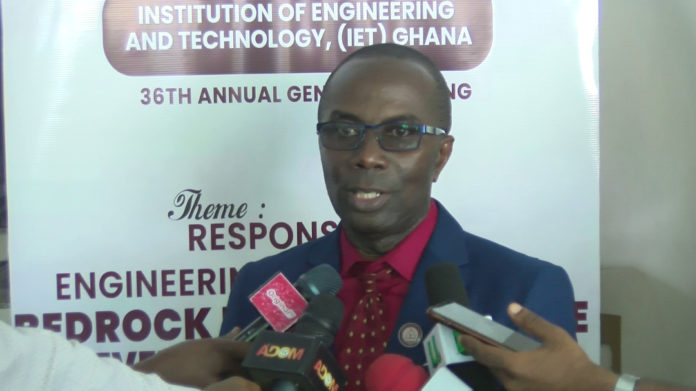
Engineers inducted into the engineering profession are usually male dominated with only few females venturing into it, particularly in the Institution of Engineering and Technology (IET).
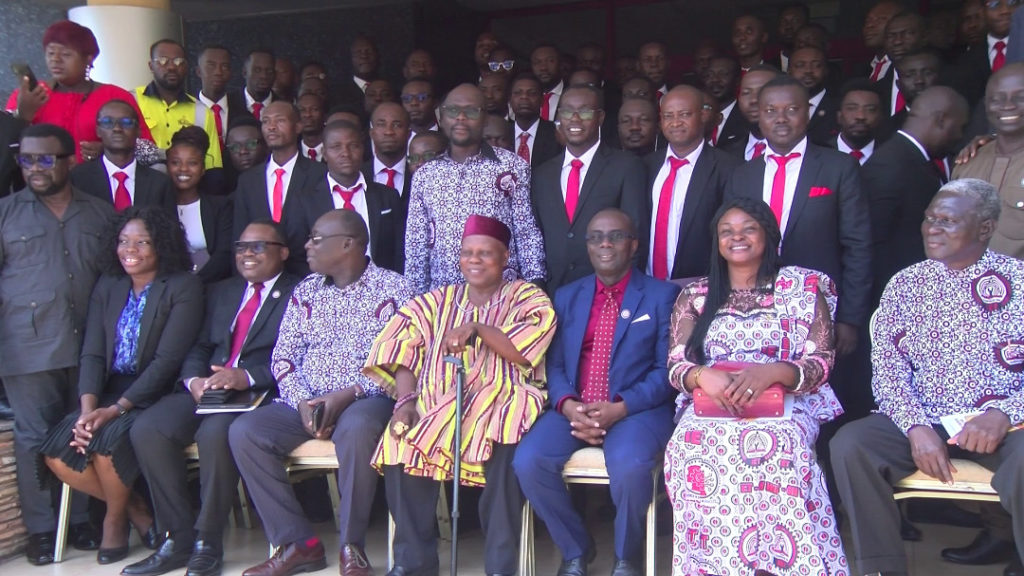
Against this background, to whip up interest of females to pursue engineering at the tertiary education level and take professional certification, the Institution Engineering and Technology has awarded scholarship to four students to pursue engineering at the various universities.
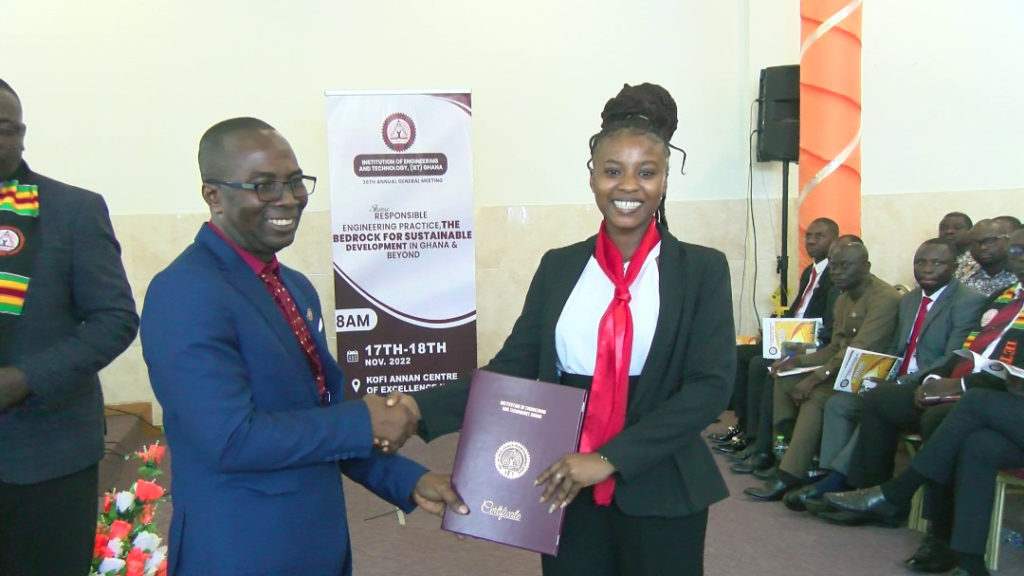
At the induction ceremony of 110 new engineers and six (6) Fellows on Thursday, November 17, 2022, IET presented the scholarship package to the students.
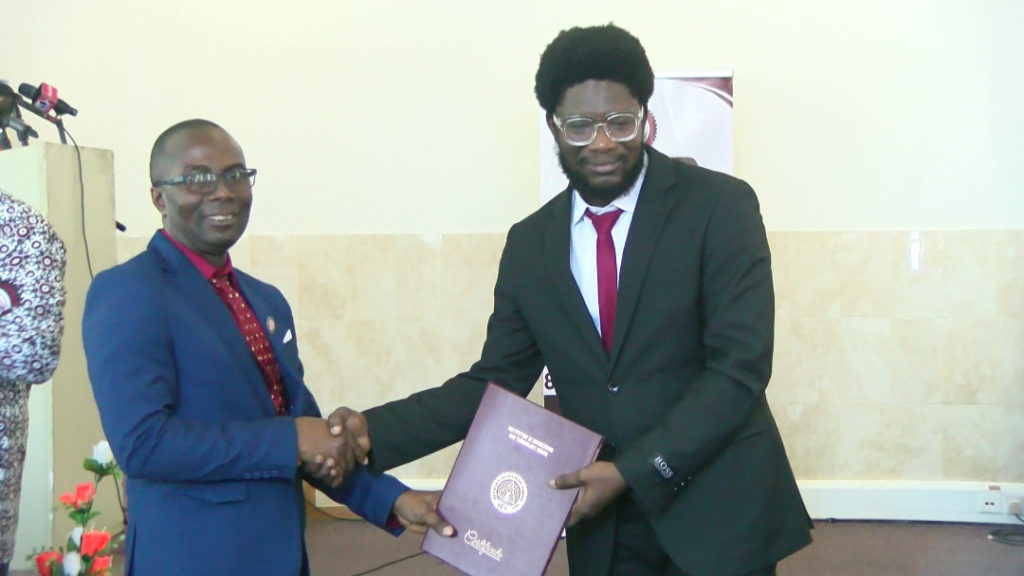
As part of the package, a brand new laptop was given to each beneficiary.
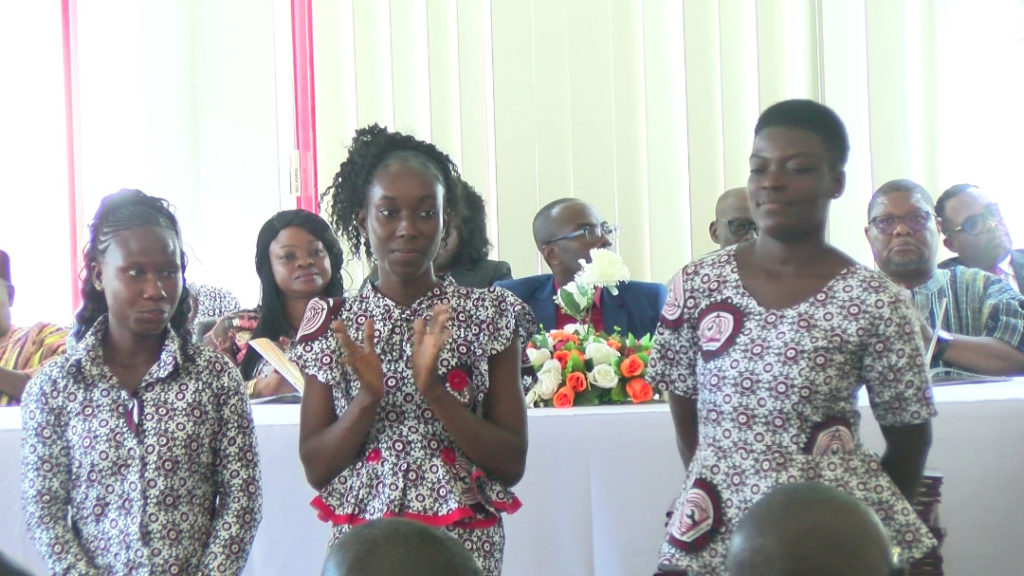
The Executive Secretary of IET, Engr. Seth Ayim, who did the presentation of the details of the scholarship, charged newly inducted engineers to honour their obligations of paying regularly their subscription fees to help sustain the scholarship and even make it better.
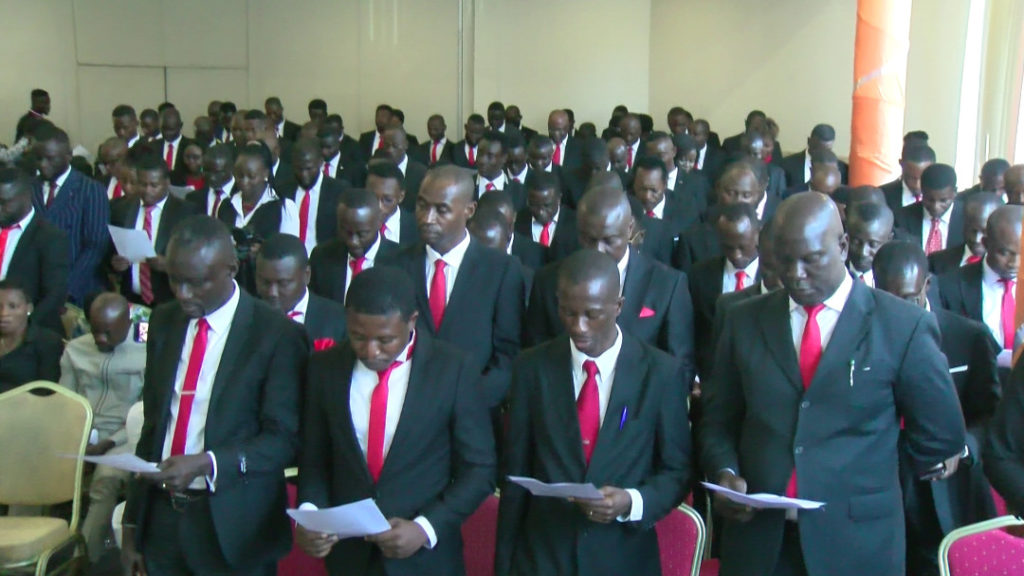
This year’s event was on theme; ‘Responsible Engineering Practice, the bedrock for Sustainable Development in Ghana.’
Addressing the gathering, President of IET, Engr. Henry Kwadwo Boateng said
that man has continuously destroyed the earth handed over to mankind sometimes for selfish reasons.
This is why the United Nations has even identified 17 SDGs with the hope of making development more sustainable. He added that the African Soil is very resourceful naturally but actions and inactions have destroyed and still damaging habitation.
‘’During the World Engineers Convention in late 2019, Engineers committed to helping build a better world by signing a declaration to advance the UN Sustainable Development Goals (SDGs). Now, Engineers have a clear mandate about their role in helping communities live more sustainably,” according to UNESCO.
Goals
“Where Engineering skills will be in demand include clean water and sanitation for all (Goal 6), availability of sustainable energy sources (Goal 7), creating strong and resilient infrastructure (Goal 9) and liveable cities (Goal 11).
But other goals, such as responsible consumption and production (Goal 12) or quality education (Goal 4) will also rely on engineering skills even if this is not immediately obvious. (Source: UNESCO website)’’, Engr. Boateng opined.
The IET president added that “climatic changes as a result of pollution of the air by fumes from vehicles within the cities, especially in traffic prone areas, contamination of our water bodies by galamsey operatives and the destruction of our forest reserves or cutting of trees planted over fifty to hundreds of years are all Environment issues and our Environmental Engineers must rise against these actions.
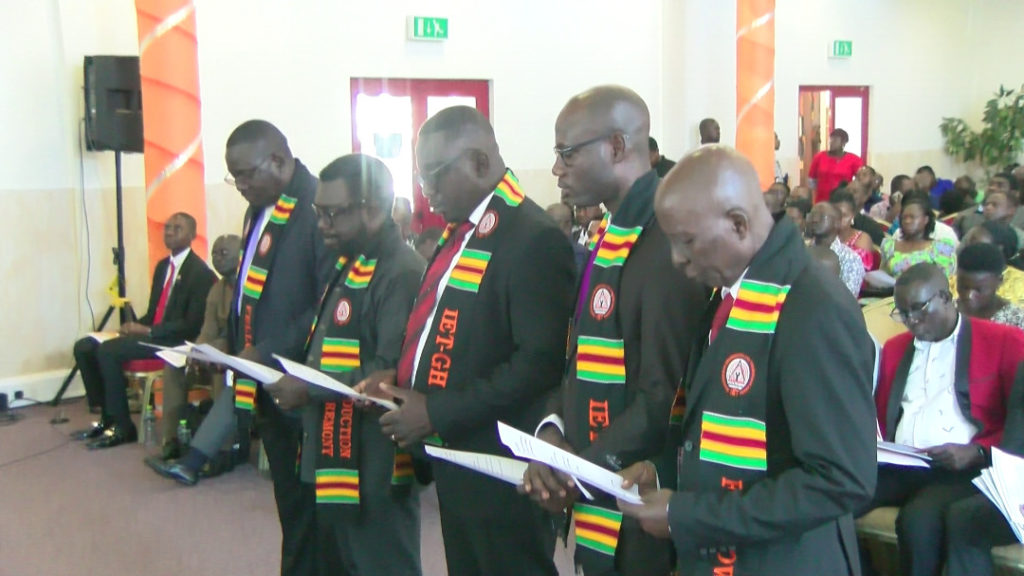
‘’Government’s economic situation has affected infrastructure development in Ghana. Meanwhile, Service Providing Companies are still destroying our existing Highways/Roads/Streets by cutting through them thereby making them unsustainable when there is a technology for extending services across the Road without cutting through them, building on waterways and public right of ways. Where are the Highway Engineers, Local Government Engineers and or Service Engineers?
“We have not be seen to be collectively working towards what needs to happen to make progress and achieve the SDGs by the 2030
Meanwhile, Director of Works at the Ministry of Works and Housing, Thomas Addo Donkor, who represented the sector minister, called on engineers to develop home grown solutions to help curb rising cost of building materials.
